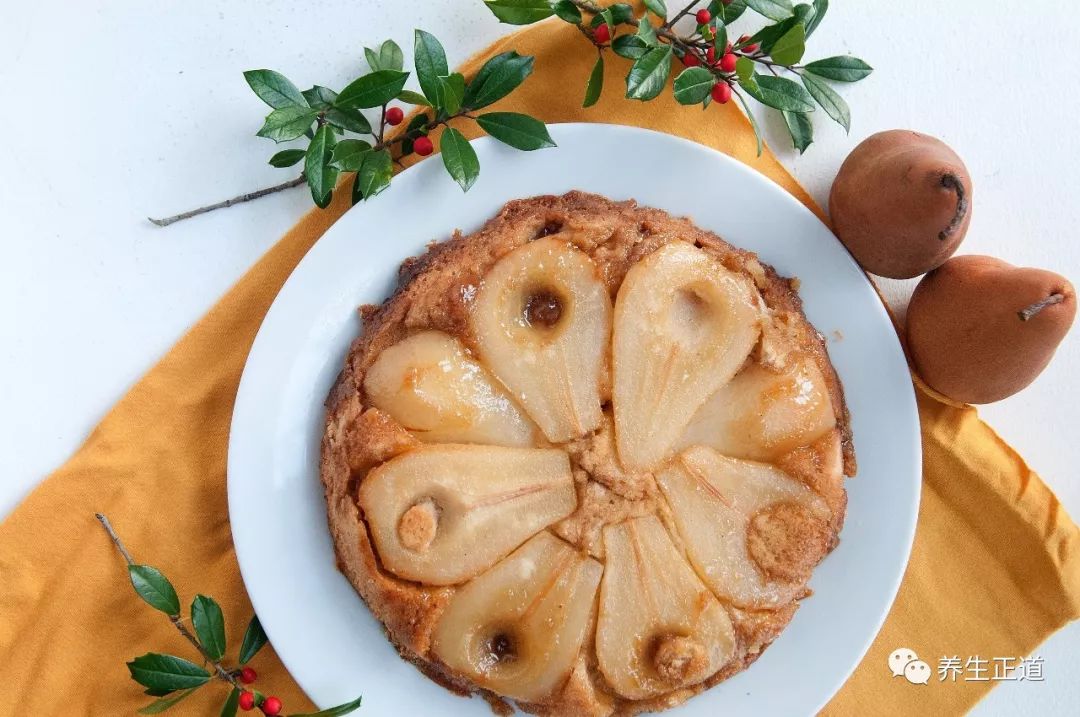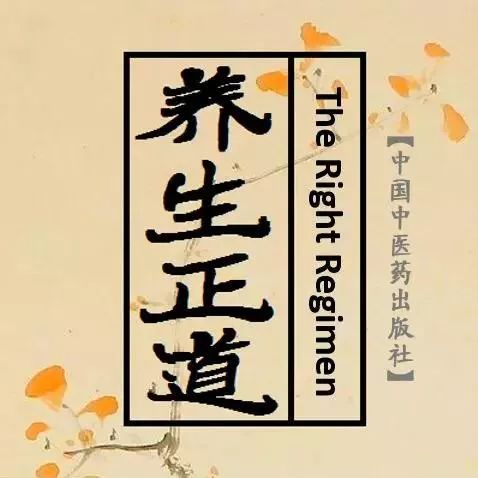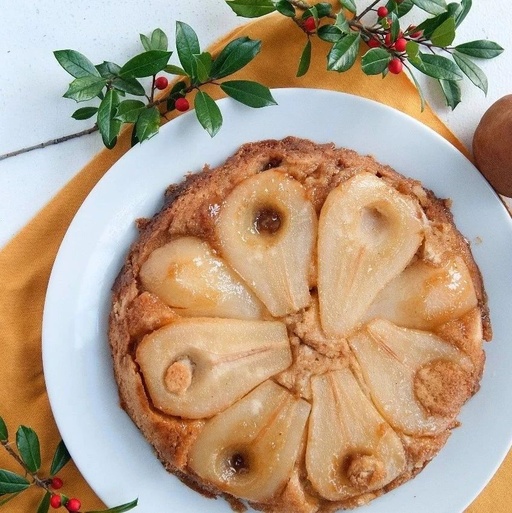↑ Click the title below “Health Preservation Principles” to follow for more health knowledge ↑
Introduction: Yin deficiency constitution is one of the nine types of constitution. Individuals with a Yin deficiency constitution typically exhibit symptoms such as dry mouth and throat, insufficient Yin blood, insomnia, and irritability. In fact, Traditional Chinese Medicine (TCM) offers many methods for regulating this constitution, including dietary adjustments, acupoint massage, herbal remedies, and exercise. Today, we will discuss how to “nourish Yin” from the perspectives of daily living and seasonal changes!
 AboutDaily Health Preservation
AboutDaily Health Preservation
The key to nourishing a Yin deficiency constitution lies in nourishing Yin and clearing heat, as well as nourishing the liver and kidneys. Among the five organs, the liver stores blood, and the kidneys store essence, so the focus should be on nourishing these two organs. It is advisable to consume sweet and cool foods, such as lean pork, duck, turtle, soft-shelled turtle, mung beans, winter melon, sesame, and lily bulbs. Avoid foods that are warm, dry, and pungent, such as lamb, dog meat, leeks, chili peppers, scallions, garlic, and sunflower seeds. It is important to control emotions, remain calm in the face of challenges, and properly handle both favorable and adverse situations. Engaging in activities like calligraphy or chess can help soothe the mind, while traveling can enrich one’s spirit and cultivate emotions. Listening to soft, gentle, and lyrical music can also help prevent irritability.
Precautions for Individuals with Yin Deficiency
Those with Yin deficiency tend to be sensitive to heat and prefer coolness; they are more susceptible to cold in winter and uncomfortable in summer heat. Therefore, it is crucial to adhere to the principle of “nourishing Yin in autumn and winter.” Living environments should be quiet, preferably in houses facing south. Avoid intense exercise and working in extreme heat. Only moderate, intermittent physical activities are suitable, such as Tai Chi or Tai Chi sword. During exercise, control sweating and replenish fluids promptly. Sauna baths are not recommended.
TCM believes that tranquility can calm the spirit and generate Yin. Sleep is extremely important for individuals with a Yin deficiency constitution. Ensuring quality sleep, avoiding late nights, and maintaining a regular schedule are fundamental health principles. It is advisable to take a midday nap. Sexual activity should be moderated, as excessive indulgence can deplete essence and fluids, affecting both genders. Soaking feet in warm water before bed and regularly massaging the feet can help promote sleep.
Seasonal Health Preservation
1. Spring Health Preservation
Early spring follows winter, especially in northern regions where temperature differences between morning and evening are significant. There is a saying that one should “keep warm in spring and cool in autumn.” During this time, it is best to go to bed early and rise early, which is beneficial for balancing Yin and Yang in the body. In spring, as Yang energy rises and all things revive, it can lead to the rise of internal heat, causing symptoms like oral ulcers, insomnia, and red eyes. Therefore, it is advisable to consume foods that clear internal heat, nourish Yin, and moisten dryness.
Sweet and mild foods support spring Yang. For those with Yin deficiency and internal heat in early spring, options like zongzi (sticky rice dumplings), duck, kelp, mung beans, sugarcane juice, water chestnuts, and lily bulbs can help clear heat. It is best to avoid astringent, greasy, and cold foods, and instead choose staple and supplementary foods rich in B vitamins and vitamin E to nourish the spleen and stomach.
2. Summer Health Preservation
In the hot summer, one should avoid excessive sun exposure and sweating to prevent damaging Yin, and try to stay in cool places. It is also beneficial to consume some herbs like American ginseng and Sheng Mai San (a traditional herbal formula), as well as drinks and fruits like sour plum soup and watermelon.
3. Autumn Health Preservation
In autumn, the focus is on nourishing Yin, moistening the lungs, and promoting bowel movement. In the human body, the lungs are the source of water above, while the kidneys are the source of water below. Insufficient water can lead to Yin deficiency, so individuals with a Yin deficiency constitution may have relatively weak lungs and kidneys. In autumn, it is essential to avoid lung dryness to ensure the normal function of lung descent and to replenish Yin fluids in the kidneys. Consuming foods that are high in moisture and have Yin-nourishing and dryness-relieving properties, such as Codonopsis pilosula (Dang Shen), Ophiopogon japonicus (Mai Dong), Polygonatum (Yu Zhu), lily bulbs, white fungus, and snow pears, is recommended. Eating porridge and honey water can also help promote bowel movements. In autumn, one can gradually increase clothing to adapt to the changing weather.
 Snow pear pie.
Snow pear pie.
4. Winter Health Preservation
In winter, it is important to focus on nourishing Yang in spring and summer, and nourishing Yin in autumn and winter. Individuals with a Yin deficiency constitution should ensure adequate nighttime sleep and avoid staying up late. Winter supplementation should also be moderate; avoid excessive consumption of lamb, chili peppers, and other hot and spicy foods.

Featured Book
This book elaborates on the identification and health preservation methods for the nine types of constitution as per national standards. It provides detailed and practical health preservation plans from aspects such as emotions, exercise, diet, daily living, herbal adjustments, and acupoints. Additionally, it incorporates health preservation plans for blood deficiency constitution based on the practical work of “preventive treatment” centers across the country.

Health Preservation Principles
Copyright Statement
This article is selected from “Easily Learn Constitution Health Preservation”, published by the China Traditional Chinese Medicine Publishing House, edited by Lu Xiaozuo, Hu Guangqin◎Chief Editor, with all rights reserved by the original author.
Image of pear pie by: twoluckyspoons.
For business cooperation or submissions: [email protected]
 Click “Read the Original” for discounts on book purchases
Click “Read the Original” for discounts on book purchases

